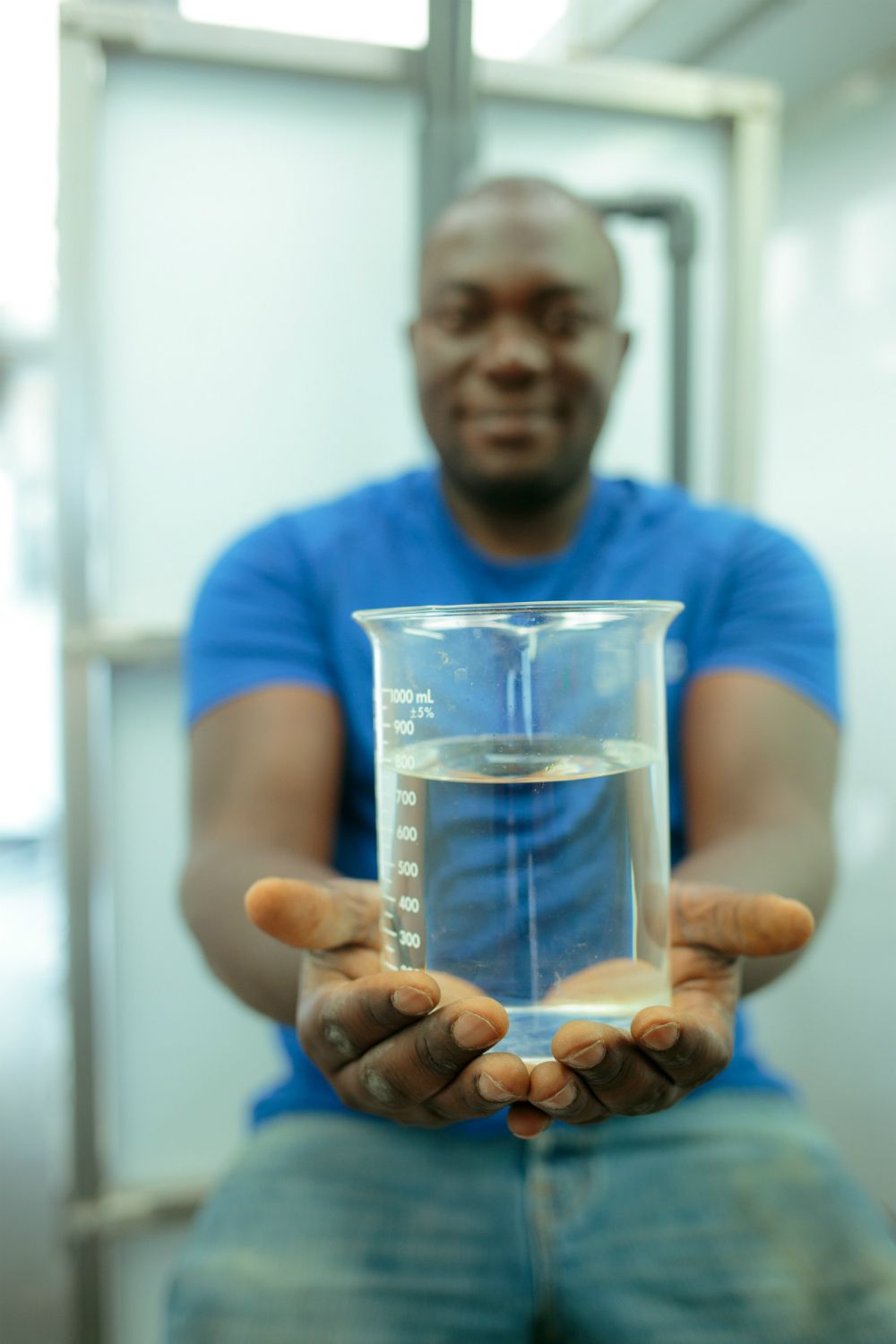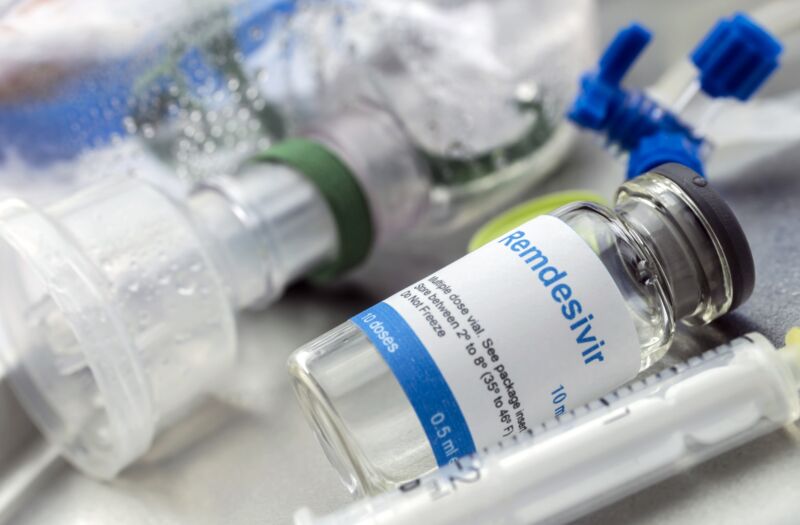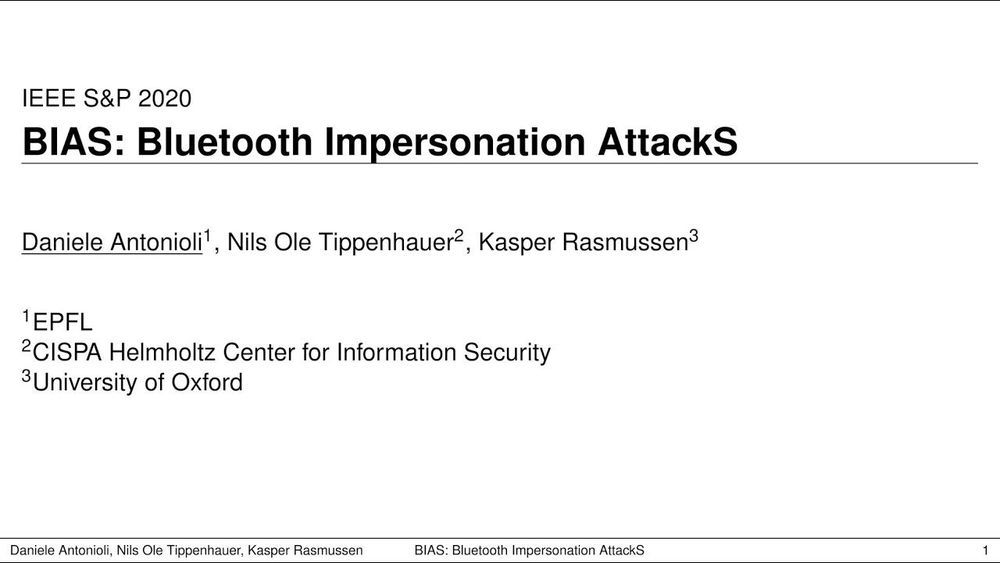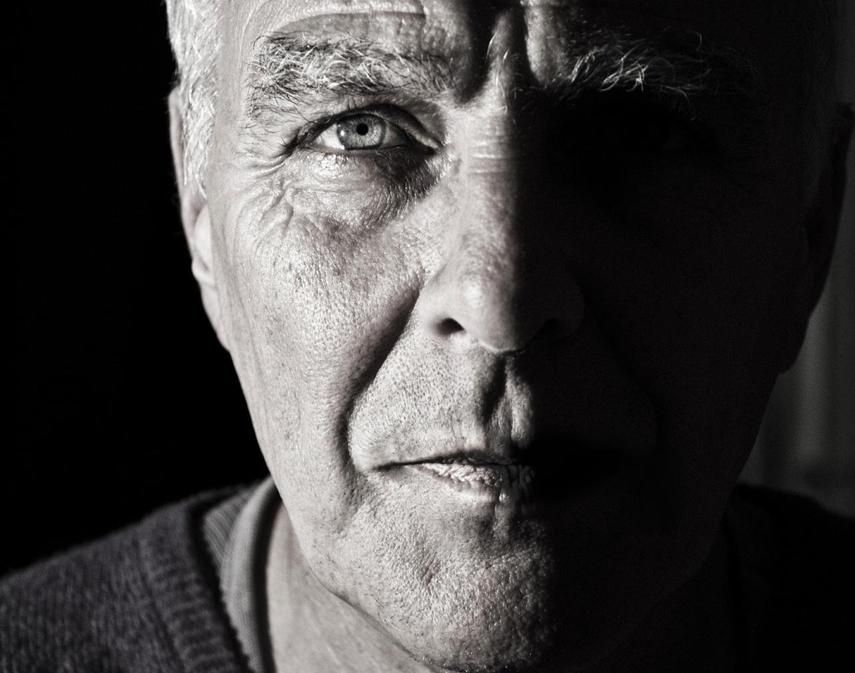Solar Energy Corporation of India (SECI) has awarded a large tender for steady supply of renewable energy. Part of the project awarded under this tender will supply power to a high-profile area in India’s capital city.
The Italian government had one of the early invasive experiences of the covid-19 pandemic. Scientists in Italy responded to the global crisis with serious research into the concern. Perhaps results of these inquiries and related information have affected policy makers. Italian homeowners now have new opportunities to put clean energy on the top of their roofs.
Hoppy beers do that to me. This beer was different. The water used for the brew came not from a river, a reservoir, or even a well. Instead, the water was sourced from a wastewater treatment plant located along the South Platte River. This simple fact didn’t bother me at all.
To be clear, I’m not a risk taker. Never skydived. Never paddled down Class V rapids. Never swallowed goldfish on a dare. But from what I’ve learned about purification processes for reclaimed water, drinking this limited-edition beer was eminently safe. The pilsner, blonde and translucent, like a Coors, looked and tasted like any number of beers made from water freshly obtained from creeks and rivers tumbling from Colorado’s mountain peaks. As for the strawberry-kiwi wheat beer ordered by my companion, I would have nothing of it. “That’s not beer,” I harrumphed, “that’s a fruit bowl. Undrinkable.”
I was at Declaration Brewing Co., located in Denver’s Overland neighborhood. The brewery and also a winery, InVINtions, located in Greenwood Village, were part of a regional effort. Water for the one-time specialty beverages produced by both came from the PureWater Colorado Demonstration Project. In the demonstration that was conducted in spring of 2018, water providers, engineering companies and water reuse advocates collaborated to showcase direct potable reuse treatment technologies. The water was treated using five different processes until it met federal and state drinking water standards, suitable for human consumption.
We’re counting down to the launch of SpaceX’s Crew Dragon with two NASA Astronauts on board. This week:



A new Bluetooth impersonation vulnerability could hackers to spoof a remotely paired device.
Russian researchers from HSE University and Open University for the Humanities and Economics have demonstrated that artificial intelligence is able to infer people’s personality from ‘selfie’ photographs better than human raters do. Conscientiousness emerged to be more easily recognizable than the other four traits. Personality predictions based on female faces appeared to be more reliable than those for male faces. The technology can be used to find the ‘best matches’ in customer service, dating or online tutoring.
The article, “Assessing the Big Five personality traits using real-life static facial images,” will be published on May 22 in Scientific Reports.
Physiognomists from Ancient Greece to Cesare Lombroso have tried to link facial appearance to personality, but the majority of their ideas failed to withstand the scrutiny of modern science. The few established associations of specific facial features with personality traits, such as facial width-to-height ratio, are quite weak. Studies asking human raters to make personality judgments based on photographs have produced inconsistent results, suggesting that our judgments are too unreliable to be of any practical importance.
NASA astronauts Doug Hurley and Bob Behnken have flown into the Kennedy Space Center in Florida to prepare for their historic mission next week.
The pair’s trip to the International Space Station (ISS) will be made in a rocket and capsule system provided by a commercial company, SpaceX.
NASA has traditionally always owned and operated its space vehicles.
In theory, other dimensions aren’t big enough to form black holes and consume our universe or it would have happened already.









